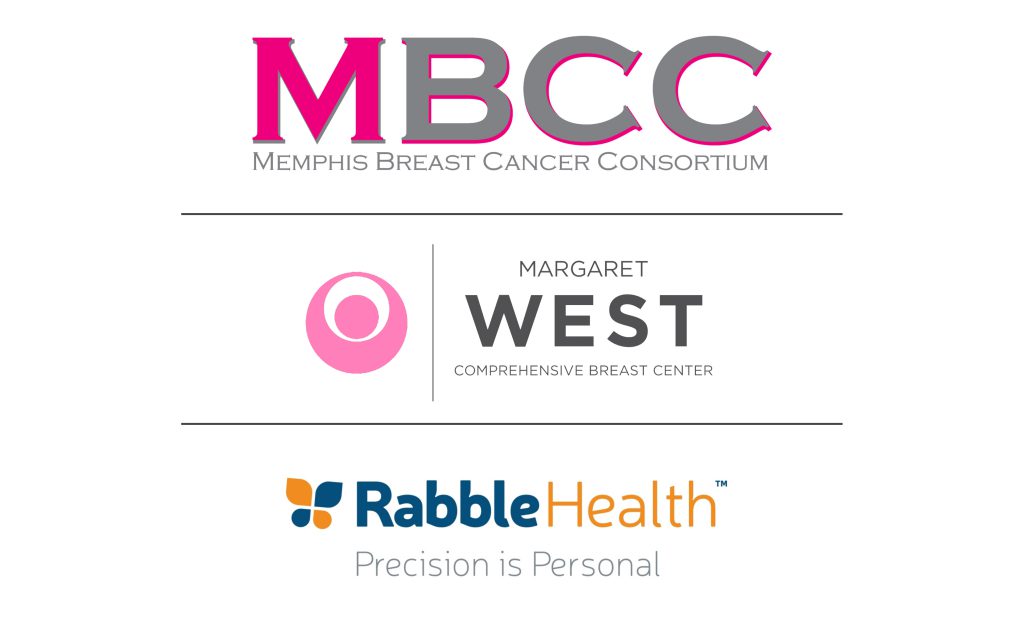As a follow-up to the recent announcement of an initial study for the Cancer Care Pathway Initiative, available here, below is more detailed information about the findings and next steps:
Study Overview:
The Care Pathway Initiative recently conducted the first analysis of breast cancer care of its program. This baseline of quality metrics was derived from Margaret West Comprehensive Breast Center (MWCBC). The entity volunteered to be the first of this program because of its collective passion and involvement in the Memphis Breast Cancer Consortium. Rabble Health, a 3rd party digital engagement company, collected data and performed an assessment of 81 breast patients of varying race, age, zip codes and gender receiving care at the Breast Center, specifically reviewing a patient’s ability and timeframe to receive care and services. This analysis was conducted within a 6-month period between October 2020 and March 2021. This analysis provides baseline data for the Consortium to track the patient experience and compare it to national standards or other entities moving forward. With the baseline study, recommendations to improve accessibility and patient services have been recommended.
Findings:
o MWCBC offers a rare full-service breast health center that addresses the entire spectrum of patient needs, from preventative measures to diagnosis, cancer treatment and survivorship.
o Over 70% of patients needing a biopsy received the procedure within 5 days of their initial mammogram. The national average is 14 days (cited here).
o Over 92% of women needing surgery received the procedure within 40 days of their initial mammogram. The national average is between 39 – 42 days (cited here).
o Neither race nor ZIP code were attributable factors to timeline of care variances
Recommendations Made to MWCBC by Consortium:
o Increase screening focus into high incidence and mortality zip codes
o Strengthen partnerships with surrounding entities to further promote breast screenings and coordination of access, literacy, and funding
o Implementation of community-based activities and mobile units
o Continue this same analysis moving forward to assess operational success (i.e. outcomes, patient experience, cost/risk, and patient education)
Response to Recommendations:
o The West Cancer Foundation has reviewed this study and is currently working to increase funding for women in need of mammograms
o During the COVID-19 pandemic, community events were halted. As our community activity begins to increase, our West Cancer Foundation is also increasing physical outreach initiatives for our surrounding community.
o West is in the infancy stage of discussions regarding the costs and logistics of a mobile breast screening unit. More information will be shared as updates occur.
o West/Margaret West plans to continue working with the Consortium to conduct this analysis for the foreseeable future.
Conclusion:
While precision medicine increases hope for patients and caregivers, it also increases the complexities of how to navigate within a cancer journey. These complexities unfortunately create increased burdens for specific subsets of the population, often resulting in poor outcomes, unnecessary costs, and a fractured patient experience.
Margaret West Comprehensive Breast Center has shown above-national-average-data regarding accessibility to care, providing the Memphis and Shelby County area with excellent clinical services which is proven to be a rarity especially for some subsets of the population.

